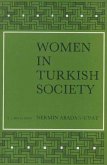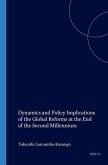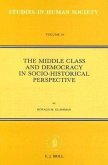This book, prepared under the auspices of the IPSA Research Committee on Political Elites, focuses on the interpenetration between various types of elites: politicians, owners of capital, corporate managers, higher state administrators, directors of public enterprises, controllers of media, military officers and the civic-cultural establishment. The contributions to this book reveal contrasting patterns of recruitment and selection in terms of career paths, visibility, influence, and power of different elite circles. This diversity of national elite configurations challenges the C. Wright Mills' theory of an integrated "power elite," which appears from a comparative perspective to be peculiar to the United States during the early post-war period. Key concepts are discussed and empirically tested: ruling class, political class, elite circulation versus elite reproduction, elite interpenetration, elite interlocks, elite cohesion, elite osmosis, functional elite roles, formal and informal networks, elite cousinhood, separation versus overlapping between wealth and power, and between power and social capital. The book covers a great variety of countries: post-industrial democracies (France, Britain, Germany, Canada), new democracies (East-Central Europe, Mexico) and modernizing regimes (Southeast Asia, Tropical Africa), presented by an international selection of distinguished contributors: Andras Bozoki, Roderic Camp, William Case, Jean-Pascal Daloz, Mattei Dogan, Dennis Kavanagh, Michael Ornstein, David Richards, Erwin Scheuch and John Scott.
Hinweis: Dieser Artikel kann nur an eine deutsche Lieferadresse ausgeliefert werden.
Hinweis: Dieser Artikel kann nur an eine deutsche Lieferadresse ausgeliefert werden.








